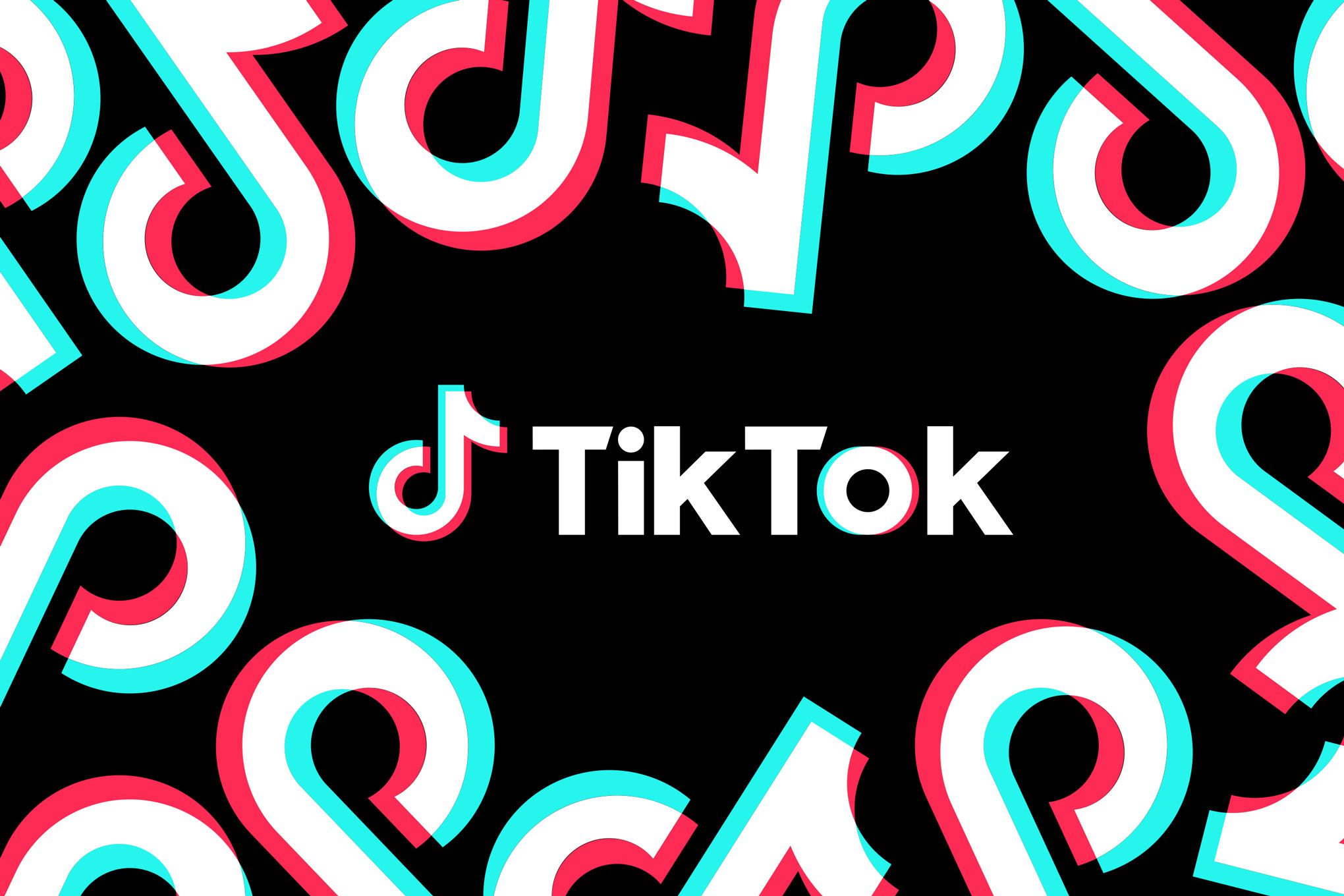
silicon valley s latest argument against regulating Peter Thiel has recently made headlines by asserting that government regulations on technology, particularly artificial intelligence, could be likened to the biblical Antichrist.
silicon valley s latest argument against regulating
Thiel’s Controversial Lectures
In a series of four religious lectures held in San Francisco, Thiel, a prominent venture capitalist and co-founder of Palantir Technologies, has taken a bold stance on the implications of government intervention in technology. His argument posits that the imposition of stringent regulations on science and technology could herald the arrival of an Antichrist-like figure, a concept he draws from his interpretation of biblical eschatology. This perspective is particularly striking given Thiel’s significant financial interests in the tech sector.
Understanding Thiel’s Eschatological Views
Thiel, 57, has increasingly delved into eschatology—the study of the end times—over recent years. His lectures reflect a unique blend of philosophical and biblical interpretations, suggesting that the future of technology is not merely a matter of innovation but is intertwined with profound existential questions. Thiel’s fascination with these themes is not new; he has often expressed concerns about the trajectory of modern civilization and the potential for government overreach.
In his lectures, Thiel argues that the regulatory environment surrounding technology could stifle innovation and lead to a dystopian future. He warns that excessive government control could undermine the very foundations of technological advancement, which he views as essential for human progress. This perspective aligns with his long-standing belief in the transformative power of technology, a belief that has driven his investments and entrepreneurial ventures.
The Financial Implications of Regulation
Thiel’s arguments are not merely theoretical; they are also deeply intertwined with his financial interests. As a venture capitalist, Thiel has a vested interest in the success of technology companies, particularly those focused on artificial intelligence and advanced computing. His company, Palantir, specializes in data analytics and has been involved in various government contracts, raising questions about the potential conflicts of interest in his advocacy against regulation.
Thiel’s stance against regulation can be seen as a defense of the tech industry, which has faced increasing scrutiny from lawmakers and regulators. The rapid advancement of AI technologies has raised ethical and safety concerns, prompting calls for regulatory frameworks to ensure responsible development and deployment. Thiel’s rhetoric, however, frames these discussions as existential threats to innovation.
The Broader Context of AI Regulation
The debate surrounding AI regulation is complex and multifaceted. Proponents of regulation argue that without oversight, the risks associated with AI—such as bias, privacy violations, and potential job displacement—could have severe societal consequences. They advocate for frameworks that would ensure accountability and ethical standards in AI development.
On the other hand, critics like Thiel argue that regulation could stifle creativity and hinder technological progress. They contend that the rapid pace of innovation necessitates a more flexible approach, one that allows for experimentation and growth without the constraints of bureaucratic oversight. This viewpoint resonates with many in Silicon Valley, where the ethos of disruption and innovation is deeply ingrained.
Stakeholder Reactions
Thiel’s remarks have sparked a range of reactions from various stakeholders in the tech industry and beyond. Some industry leaders have echoed his concerns, arguing that excessive regulation could drive talent and investment overseas, ultimately harming the U.S. economy. They advocate for a more balanced approach that encourages innovation while addressing ethical considerations.
Conversely, advocates for regulation have criticized Thiel’s views as overly simplistic and dismissive of the genuine risks posed by unregulated AI development. They argue that a lack of oversight could lead to catastrophic outcomes, including the misuse of AI technologies in surveillance, warfare, and other areas. This divide highlights the ongoing tension between innovation and responsibility in the tech sector.
The Role of Government in Technology
The role of government in regulating technology is a contentious issue that has evolved over the years. Historically, governments have intervened in various industries to protect public interests, from environmental regulations to consumer protection laws. However, the rapid pace of technological advancement presents unique challenges that traditional regulatory frameworks may not adequately address.
Thiel’s perspective reflects a broader skepticism toward government intervention in the tech industry, a sentiment shared by many entrepreneurs and investors. This skepticism is rooted in the belief that government regulations often lag behind technological advancements, potentially hindering progress rather than facilitating it. Thiel’s argument that regulations could embody an Antichrist-like figure serves as a provocative metaphor for the perceived threat of bureaucratic overreach.
The Philosophical Underpinnings of Thiel’s Argument
Thiel’s interpretation of biblical themes in the context of technology raises intriguing philosophical questions. By framing government regulations as akin to the Antichrist, he taps into deep-seated fears about the loss of individual freedom and autonomy in the face of institutional power. This metaphor resonates with those who view technology as a liberating force that empowers individuals and fosters creativity.
Moreover, Thiel’s eschatological lens invites a broader discussion about the moral implications of technological advancement. As AI continues to evolve, society must grapple with questions about the ethical use of these technologies and their impact on humanity. Thiel’s warnings about the dangers of regulation serve as a call to consider the balance between innovation and ethical responsibility.
Implications for the Future of AI
The implications of Thiel’s arguments extend beyond the immediate debate over regulation. As AI technologies become increasingly integrated into various aspects of daily life, the need for responsible governance becomes more pressing. The challenge lies in finding a regulatory framework that fosters innovation while addressing the ethical and societal concerns associated with AI.
Thiel’s perspective may resonate with those who prioritize technological advancement, but it also raises critical questions about accountability and oversight. As AI systems become more autonomous and capable, the potential for unintended consequences grows. This reality underscores the importance of establishing guidelines that ensure the responsible development and deployment of AI technologies.
Conclusion
Peter Thiel’s recent lectures have ignited a provocative discussion about the intersection of technology, regulation, and eschatology. By likening government regulations to the biblical Antichrist, Thiel challenges conventional narratives surrounding the role of government in the tech industry. His arguments reflect a broader tension between innovation and responsibility, a debate that will shape the future of artificial intelligence and its impact on society.
As stakeholders continue to grapple with the complexities of AI regulation, Thiel’s views serve as a reminder of the philosophical and ethical dimensions of technological advancement. The challenge lies in navigating this landscape in a way that promotes innovation while safeguarding the public interest.
Source: Original report
Was this helpful?
Last Modified: September 26, 2025 at 2:39 am
0 views















